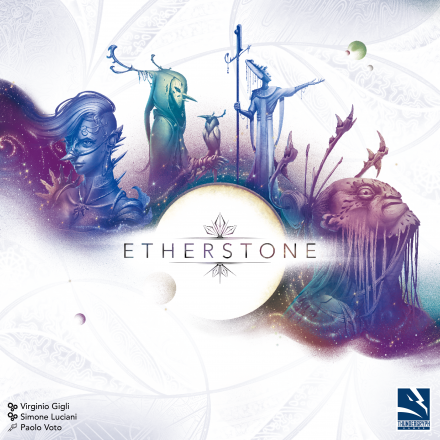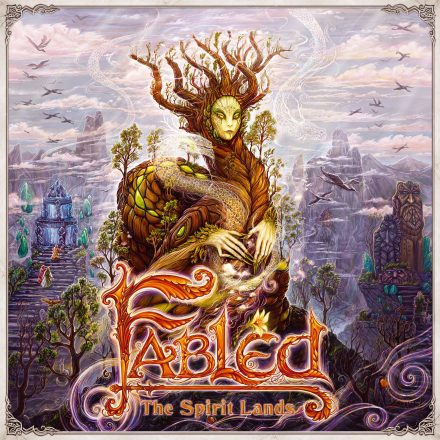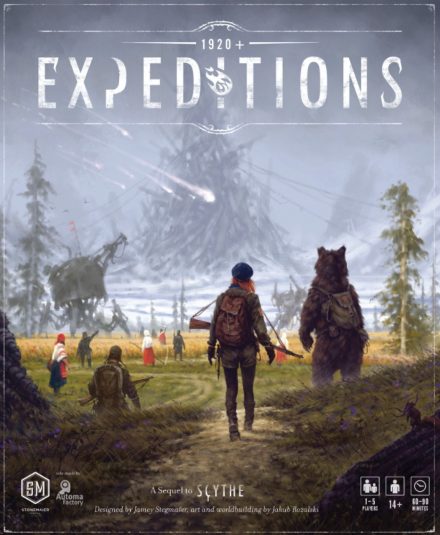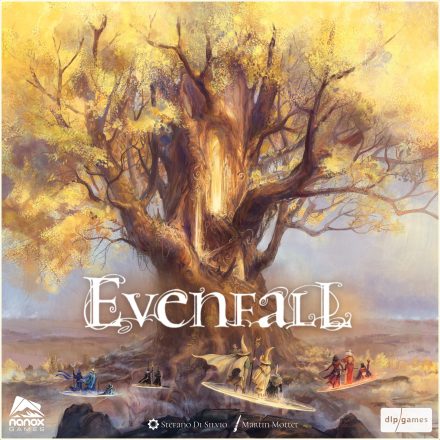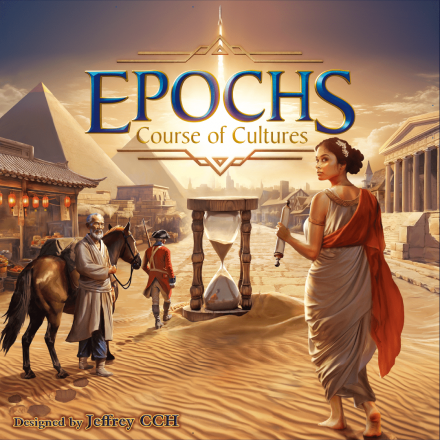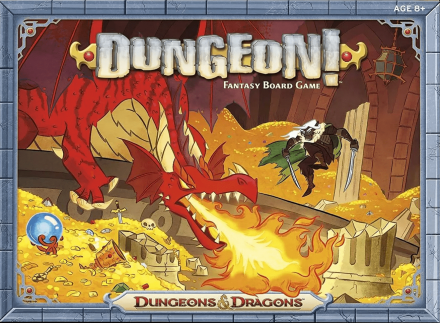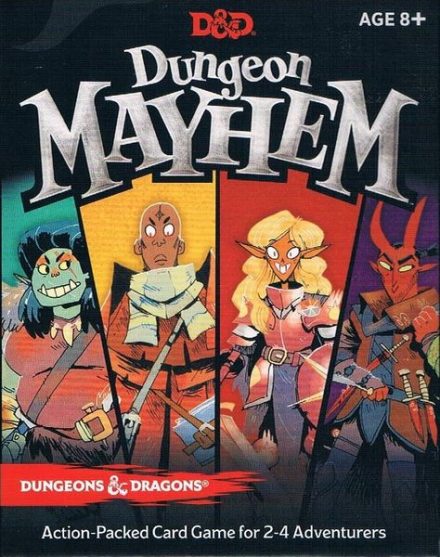Nobura is a forgotten planet shrouded in mystery. The story told that a cosmic being sacrificed its divine essence to breathe life into its desolate lands. Etherstones shaped the planet’s biomes and interconnected all living beings with nature. Yet, the lurking threat of the Vacuous, a parasitic force born from the depths of Nobura, poses a challenge to life on the surface, weaving a tale of divine sacrifice. Nobura has always been part of a paradoxical loop of life and death, where the forces of creation and destruction dance in an eternal cosmic struggle.
In Etherstone, players embody faction leaders uniting forces to avert the impending extinction, striving to gain the most victory points through various means, such as summoning cards, overcoming threats, and utilizing their abilities as effectively as possible.
The first stage of the game will be drafting your hand of 7 cards and your leader card. Alternatively, for the first few matches, players can take a pre-made hand of cards with the matching Leader. Leaders have a set number of life points, a strength value, and a persistent asymmetric ability.
During your turn, you can take only one action among the following: Dice Draft, Summon, Attack, Rest, Void Pact.
Players will win by gaining victory points while doing several different actions and the game will end if any of the end-game conditions are met:
- The active player has no cards left in their hand.
- There are no cards left in the Threat deck.
- The victory point pool has no more tokens in it.
Game Mechanics:
Game Specifications:
- 2 -40 Players
- 30 – 60 Minutes
- Difficulty Weight 2.37

